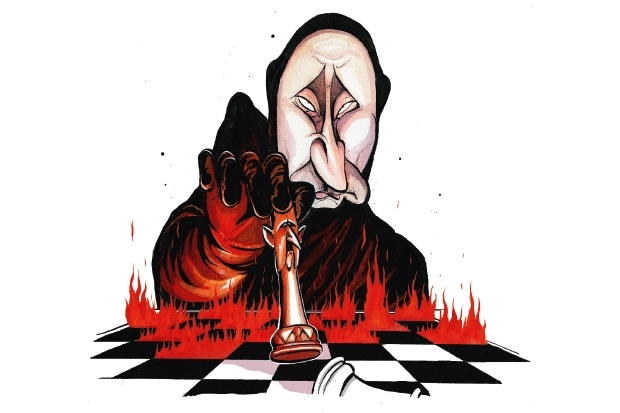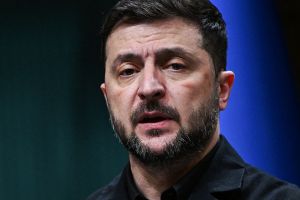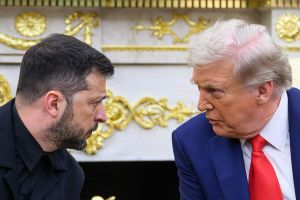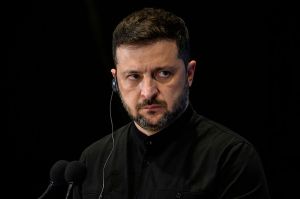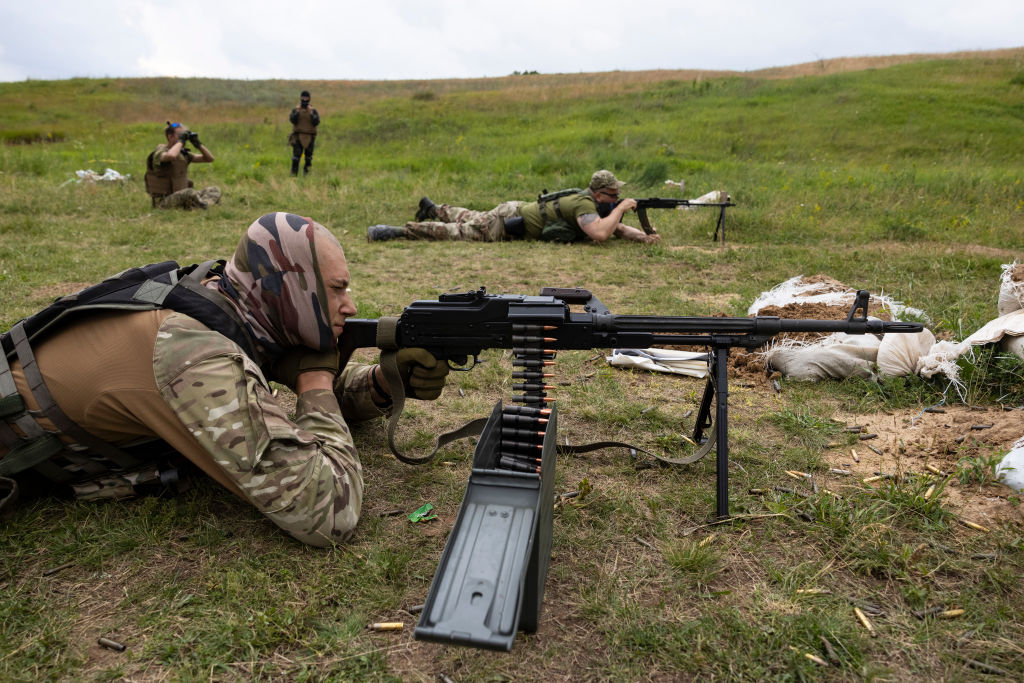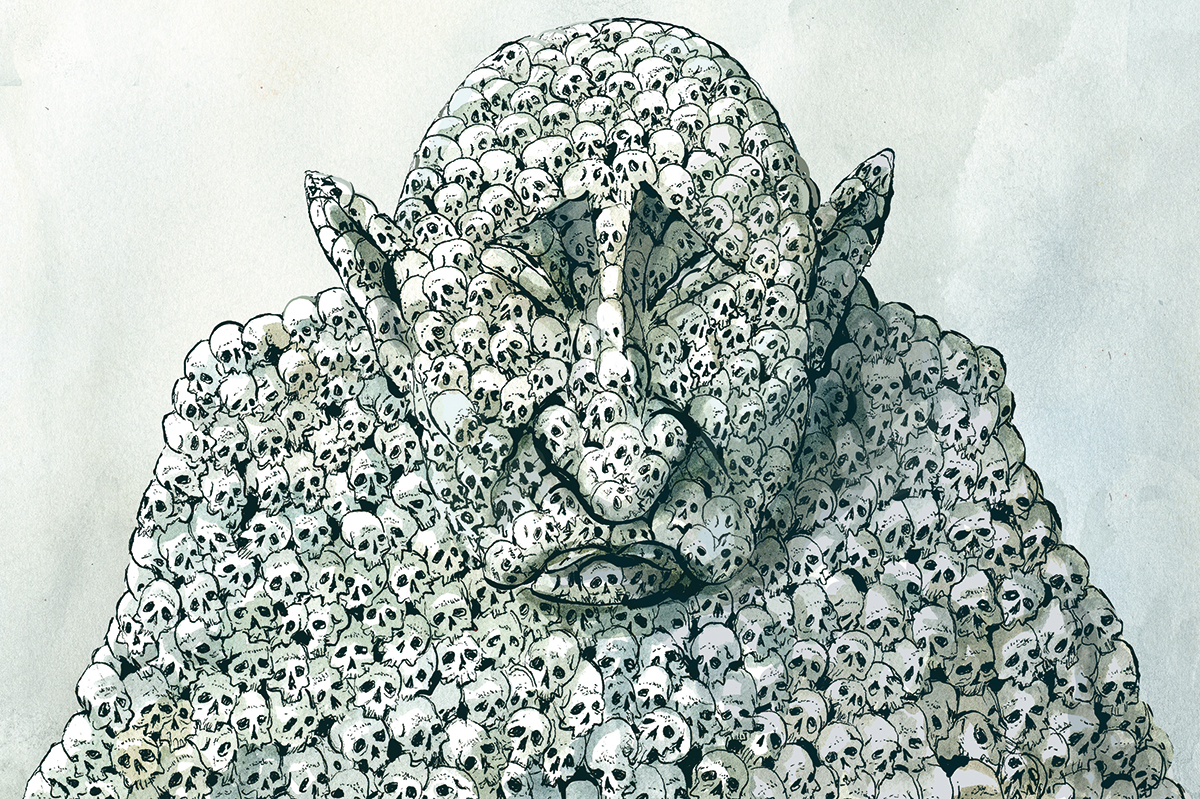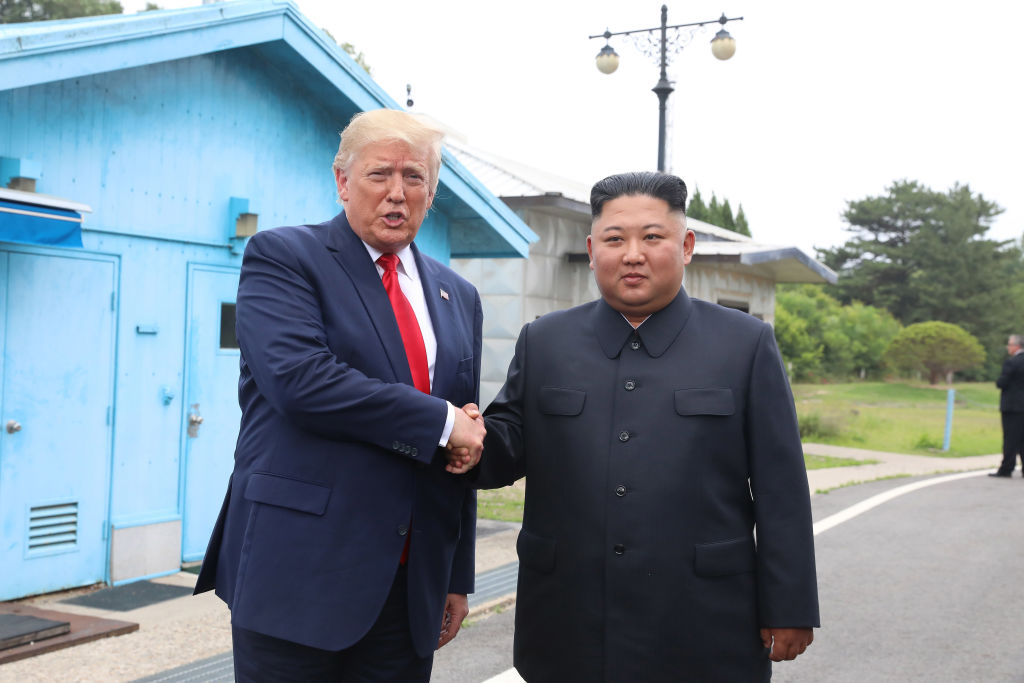We have been here before. Russia is at the center of an international crisis of its own creation. And we know how it plays out: briefly there is shock in Western capitals, quickly followed by outrage. This is entirely justified given that Alexey Navalny, Russia’s most prominent opposition figure — and the second most popular politician in the country — is lying in a coma in a Berlin hospital having been poisoned, according to the German government, by the nerve-agent Novichok. In diplomatic language, this is expressed as ‘deep concern’ with Russia’s ‘shocking and irresponsible’ behavior, which is condemned ‘in the strongest terms’.
Next comes Russia’s disinformation onslaught. Already, Maria Zakharova, Russia’s foreign ministry spokeswoman, has said the suggestion that Navalny was poisoned with Novichok is ‘yet another information campaign’ against Russia. Sputnik, a Russian state-owned propaganda outlet which masquerades as a media organization, has claimed that ‘Navalny’s symptoms [are] uncharacteristic for poisoning by Novichok, [according to the] nerve agent’s developer’. This onslaught is so predictable that in 2015 the analyst Ben Nimmo conceptualized it as four ‘D’s’: dismiss, distort, distract, dismay.
This is followed by Western calls for action. Usually it takes the form of demands for an international investigation — for countries to expel Russian diplomats and for the imposition of sanctions. There are other demands too, all in an effort to rally Western support, ideally involving the EU and/or Nato. This time, Germany is leading the way. In 2018, after the poisoning of Sergei and Yulia Skripal (with Novichok), it was the UK. In 2014, after the destruction of Malaysian Airlines flight MH17, it was Ukraine and the Netherlands. In 2008, after a short war, it was Georgia.
At the same time, the Kremlin will attempt to stonewall the international response. It will say that sanctions are counterproductive, threaten to expel Western diplomats in return and claim that any Western action is motivated by ‘Russophobia’ and reflects a deep-seated desire to destroy the country and bring about regime change. On Wednesday, Dmitry Peskov, Vladimir Putin’s spokesman, claimed that Moscow is ‘ready and interested in total co-operation’ on an international investigation — but it will only be involved on its own terms (which are frequently unacceptable to the West). It will then work to undermine the investigation itself.
This is how the Western response to Navalny’s poisoning is playing out. It is how every Western response to Russian aggression and hostility has played out over the last dozen years. But now, as before, much of what is said and done entirely misses the point. Angela Merkel was guilty of this last week. The use of Novichok, she said, raises ‘serious questions which only the Russian government can answer and must answer.’ She is wrong, as Sam Greene, a leading scholar of Russian power politics, has pointed out: the incident raises questions not for Russia, but for the West.
It is the West that must decide what kind of relationship it wants with Russia. Russia — a hydro-carbon-powered state with nuclear weapons which frequently acts more like a terrorist-outfit — has already made its decision.
Internationally, Russia wants to be treated as a great- or super-power to which the usual customs, laws and rules that govern international affairs do not apply. It wants to revert to a world order in which a small number of states have both ‘spheres of influence’ (or buffer zones) and a voice (or veto) in global affairs. And it wants the prestige and respect that it believes rightfully accompanies being recognized as such a power, including membership of organizations like the G20 and status as a permanent member of the UN’s Security Council.
[special_offer]
All of this is evident today. And it has been for some time for those that have been paying attention. Yet certain Western capitals continue to skirt around it. London has its head in the sand over the extent of Russian influence in its politics, and the extent of dirty Russian money in the UK as a whole. Berlin sees the poisoning of Navalny as separate from the building of the Nord Stream 2 pipeline, insisting that the two issues should be ‘decoupled’. Paris believes that Europe should be building bridges with Russia. And so perhaps the West has made its decision.
Another relationship is possible. To realize it, Western capitals need to discard any lingering assumptions that Moscow views the world in the same way they do. Accepting this does not necessarily mean greater hostility is inevitable. One lesson from the Cold War — and this is not a new Cold War — is that it is possible for Moscow and the West to view the world differently while coexisting. But the reality is that Western values and interests are not reconcilable with those of the Russian state.
Until our decision-makers acknowledge this and begin to grapple with the difficult policy choices that follow, there is no reason to suggest that the West’s response to the poisoning of Navalny — like so many international crises before it — will fundamentally change anything. And this means more Russian aggression and hostility in the future.



